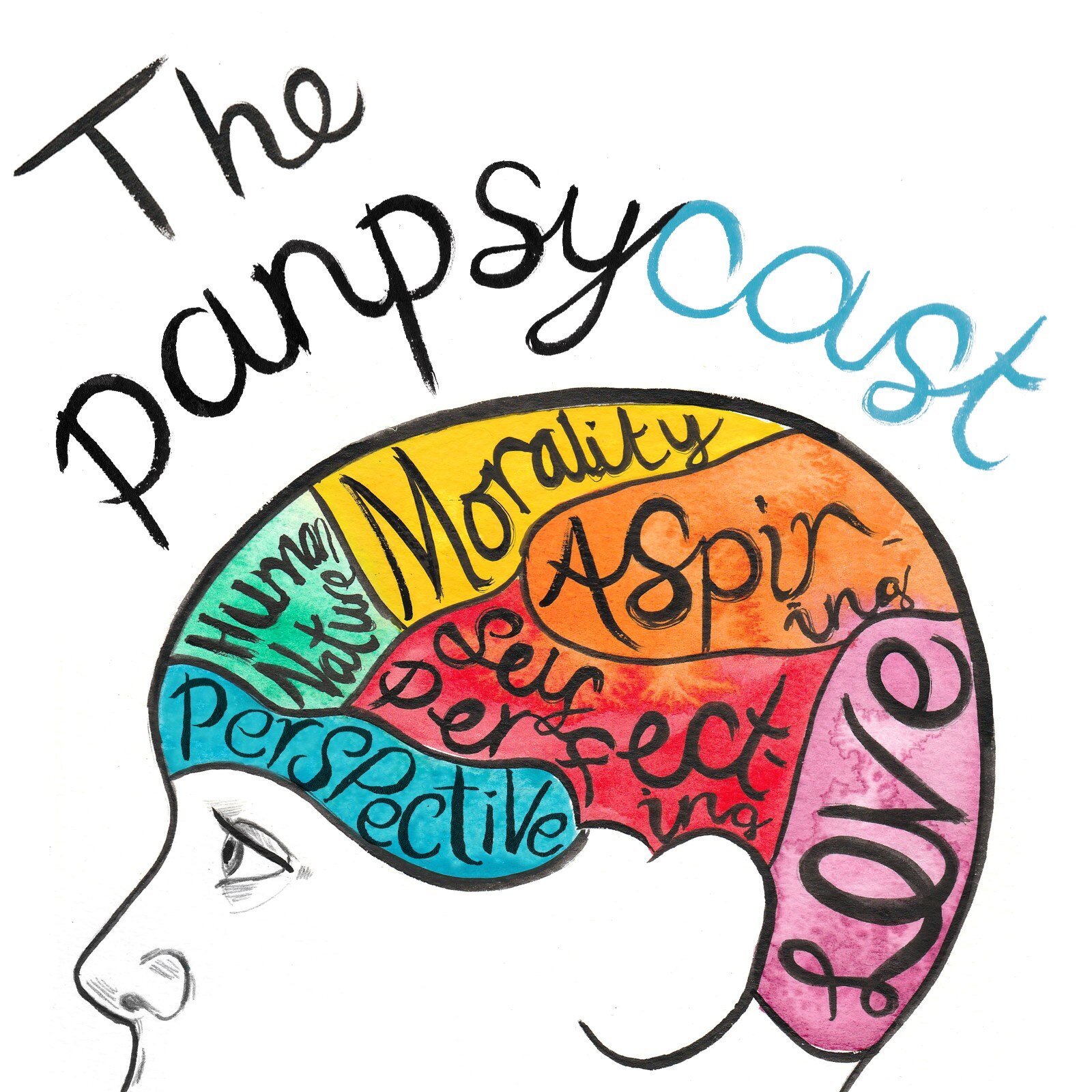Welcome to ‘Episode 119 (Part II of II)’, where we’ll be continuing our discussion of beauty ideals with Professor Heather Widdows.
Beauty is nothing trivial. We get up in the morning, look in the mirror, and ask ourselves: ‘How do I look?’ The thinner, firmer, smoother, and younger we seem, the better our self-image and prospects. If you are not improving the way that you look, then you’re doing something wrong. Do not let yourself go, focus on self-care, and put the work in. The alternative? Be prepared to pay the social and economic price.
In this episode, we’ll be exploring the nature and ethics of beauty ideals with Heather Widdows, Professor of Philosophy at the University of Warwick. Professor Widdows has become a global thought leader due to the success of her ‘ground-breaking’ book, Perfect Me: Beauty as an Ethical Ideal. According to Widdows, the more committed to the beauty ideal we are, the higher the demands – the more is required to be normal – and the further our sense of self is determined by appearance. It’s time we faced the ugly truth: we have come to see beauty as a direct reflection of worth and character.
The file size is large, please be patient whilst the podcast buffers/downloads/reaches its ideal formContents
Part I. The Beauty Ideal
Part II. Further Analysis and Discussion


